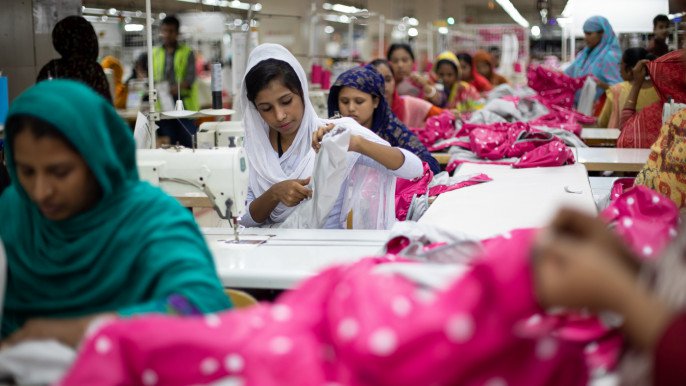Published in the Financial Express on 24, July 2017
An acute skill gap haunts Bangladesh’s labour market and the situation may worsen further unless innovative supply-side approaches can be pursued, an official study reveals.
“The supply institutions are weak — both in the public and private sector-which suggests acute labour market failures,” BIDS director-general KAS Murshid said while presenting findings of the study on ‘Labour Market and Skill Gap in Bangladesh’ at finance ministry’s conference room Sunday.
Finance Minister AMA Muhith unveiled the cover of the study report, prepared by the Bangladesh Institute of Development Studies (BIDS).
While there are reports about the existence of a large number of unemployed educated youths — including those from disciplines like engineering and medical science–the researchers from the official think-tank found out that due to skill shortages it became difficult to fill vacancies.
The existing skills gap is the highest in the agro-food sector followed by the RMG sector, the study revealed while analysis sector-wise skill gap.
It identified overall skill gap in agro-food sector at 76 per cent where the scarcity of skilled labour is 77 per cent, semi-skilled 75 per cent, and unskilled 75 per cent.
The readymade garment (RMG) industry lacks 119,479 skilled workers, 48,130 semi-skilled and 8,577 unskilled ones.
The overall skill gap in construction sector is of 200,000 labourers, ICT sector 88,000 hands, leather-goods sector is in shortage of 62,246 skilled, 6,664 semi-skilled, and 6,935 unskilled workforces, and the light-engineering sector is shorthanded by 43.3 per cent skilled manpower.
In the report the institute opines that the training demand will be the largest in RMG sector– 1.5 million in 2021 and 2.1 million in 2026. The study suggests a thorough evaluation of the appropriateness of current training programmes being pursued.
Mr Murshid said the scale of the problem centring skill gap of labourers is enormous and set to get even bigger.
He suggested the setting up of adequate number of training institutes alongside the existing one and providing proper attention to quality training.
Commenting on the study Mr Muhith said the report will play a pivotal role in raising skilled manpower in the future.
“In the current budget we have taken projects to create 0.5 million skilled labour force,” the finance minister said, adding that the number will rise in the future.
Principal Co-ordinator (SDG Affairs) of Prime Minister’s Office Md. Abul Kalam Azad and senior secretary at finance division Hedayetullah Al Mamoon were among others present on the occasion.
 CPD RMG Study Stitching a better future for Bangladesh
CPD RMG Study Stitching a better future for Bangladesh




